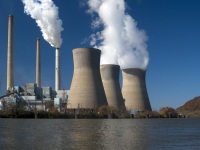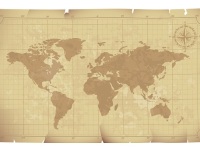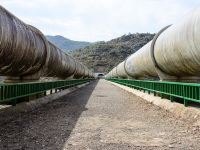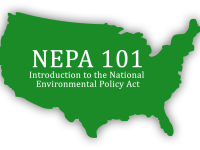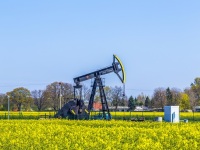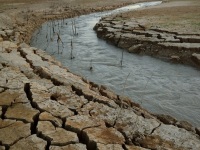Out of all the ways we power the planet, nuclear energy may be the most divisive. When it first began as an offshoot of nuclear weapons programs, it seemed to promise unlimited electricity that would power a new atomic age. The first nuclear power plant came online in the USSR in 1954, followed three years…
Read more
Nuclear Energy 101
